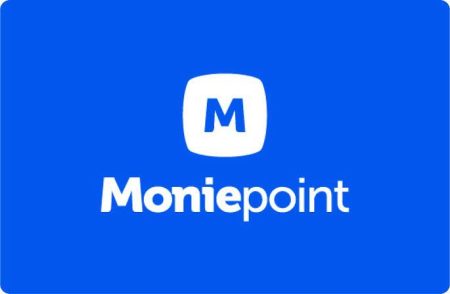In a move to comply with the Federal Inland Revenue Service (FIRS) regulations, leading fintech companies Opay and Moniepoint have announced the introduction of a N50 fee for electronic transfers exceeding N10,000. This new levy, set to take effect on September 9, 2024, applies to both personal and business accounts, in line with the Electronic Money Transfer Levy (EMTL) mandated by the Nigerian government.
The EMTL, which was introduced under the Finance Act 2020, imposes a fixed charge of N50 on electronic receipts or transfers of N10,000 and above. The fee is aimed at boosting government revenue to finance public services and infrastructure projects. In their official communication to customers, both Opay and Moniepoint clarified that the N50 charge is not a profit-generating fee for the companies but a government-directed levy.
Opay’s message to its customers reads: “Please be informed that starting September 9, 2024, a one-time fee of N50 will be applied to electronic transfers of N10,000 and above paid into your personal or business account in compliance with the Federal Inland Revenue Service (FIRS) regulations. It is important to note that Opay does not benefit from this charge as it is directed entirely to the Federal Government.”
Moniepoint conveyed a similar message to its customers, ensuring transparency regarding the levy’s purpose and the company’s compliance with FIRS regulations.
The implementation of the N50 fee is part of the government’s broader strategy to diversify revenue sources amid economic challenges. By taxing electronic transfers, the government aims to generate additional funds to support critical sectors, such as infrastructure development, healthcare, and education.
This move comes at a time when many Nigerians have increasingly turned to fintech platforms like Opay and Moniepoint for their reliability, convenience, and lower transaction fees compared to traditional banks. With the recent cash crunch and economic instability, businesses and individuals have leaned heavily on these platforms to maintain cash flow and ensure smooth operations.
Moniepoint, which was recently recognized as Africa’s fastest-growing fintech company by the Financial Times, has been particularly popular among business owners due to its efficiency, low transaction failure rates, and swift transaction reversal in the event of payment issues. Similarly, Opay has gained widespread adoption for its user-friendly platform and seamless banking experience.
Despite the new fee, fintech platforms remain a go-to solution for millions of Nigerians seeking affordable and reliable financial services. However, the introduction of the N50 levy could prompt further discussions about the cost of digital banking in the country as consumers navigate the evolving financial landscape.
As Opay and Moniepoint prepare for the September 9 rollout, users are advised to plan accordingly for the N50 charge on transfers exceeding N10,000, while businesses may need to adjust their budgeting for routine transactions.













